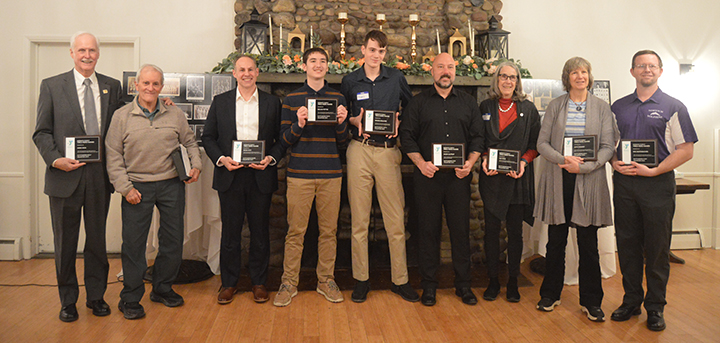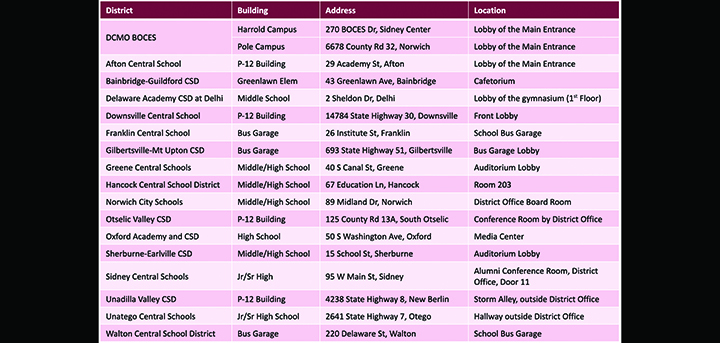Could natural gas exploration be in the future for Norwich City Schools?
NORWICH – With the specter of state education cuts looming once more, one local district is taking a proactive approach when it comes to exploring how they can best use their resources to generate an additional stream of revenue. One that flows not out of the pockets of local tax payers, but from the very strata of rock beneath property held by the district – natural gas.
Last week, the Norwich City School District board of education heard from their legal counsel and a local expert on the potential implications for the district of natural gas exploration. According to Superintendent Gerard O’Sullivan, the presentation and discussion which ensued was a very preliminary first step into gathering information about the natural gas issue and not an indication that the district plans to pursue exploration or leasing at the present time.
“I wanted to make sure the board has a baseline measure of the issues that might be presented to the district in the future,” said O’Sullivan. “We’ll continue to gather information and evaluate what the appropriate next steps might be, if any.”
According to John Lynch of Hogan, Sarzynski, Lynch, Surowka & DeWind, LLP, several school districts in the western part of New York are already involved with natural gas exploration, both for their own energy use and for profit.






Comments